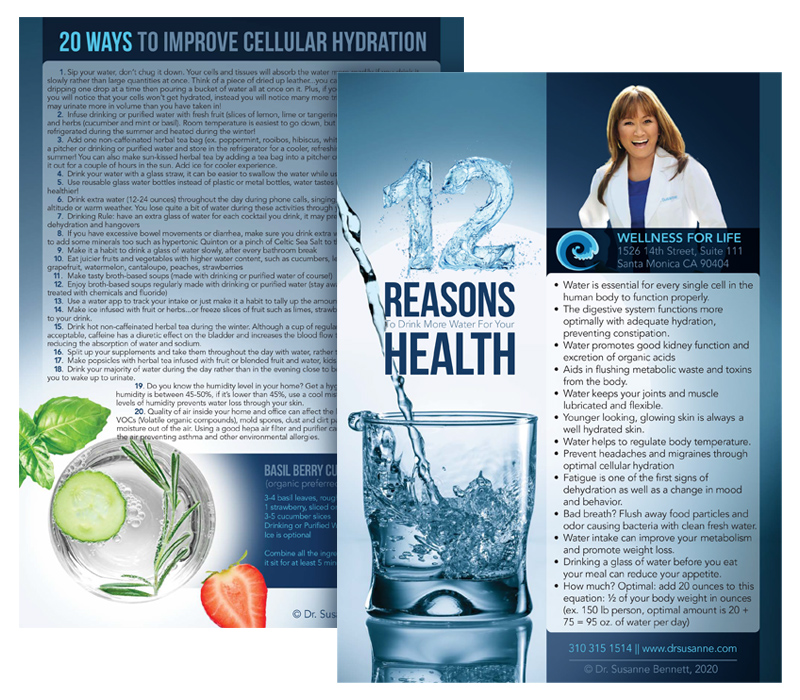 If you have ever felt that subtle tingling on the outer lip area of your mouth indicating an oncoming cold sore, you know they are no picnic. Often called fever blisters, cold sores appear as tiny but painful red blisters that dot the edge of the mouth at unsuspecting times, and evolve over a few days to more prominent, liquid-filled blisters that eventually leak clear fluid and flake off without a scar.
If you have ever felt that subtle tingling on the outer lip area of your mouth indicating an oncoming cold sore, you know they are no picnic. Often called fever blisters, cold sores appear as tiny but painful red blisters that dot the edge of the mouth at unsuspecting times, and evolve over a few days to more prominent, liquid-filled blisters that eventually leak clear fluid and flake off without a scar.
Cold sores are the physical manifestation of the herpes simplex virus (HSV). They are more commonly transmitted through saliva, usually through utensils, toothbrushes, drinks, or by kissing someone who is infected with the virus. However, cold sores can also be spread easily by merely touching the infected surface of another person. They also get worse by picking at them with dirty hands, so it is important not to agitate it and keep your hands clean.
Symptoms that you can expect when experiencing cold sores are fever, sore throat, swollen glands, or pain around the mouth, lips and neck. Usually aggravated by sun, stress, a weak immune system, cosmetic surgery, pregnancy, or food allergies, cold sores can also appear more frequently because of a high amount of an amino acid in the diet called arginine. Arginine naturally occurs in foods like nuts, chocolate, oats, whole or wheat flower, peanut butter and brown rice, and is essentially responsible for the replication of the HSV virus.
Though the HSV virus is incurable, to counter its recurrence it is important to consume foods rich in lysine, such as sprouts, papaya, beets, and most fruits and vegetables, as they prevent arginine from metabolizing in the body. Do your best to shy away from foods like beans, whole and wheat flour, gelatin, and lentils, as they contain a rich amount of arginine. Other than dietary changes, I would also suggest getting plenty of rest, staying out of the sun, and using a good home remedy on the lips, like apple cider. It is a mild acid that helps reduce pain, swelling, and itching—the most common and uncomfortable cold sore symptoms!
References:
http://www.webmd.com/skin-problems-and-treatments/tc/cold-sores-topic-overview?page=2
http://www.herpes-coldsores.com/diet_and_nutrition_with_herpes.htm#LysineArginine


